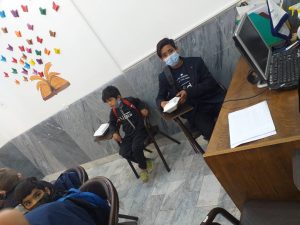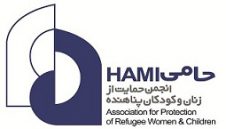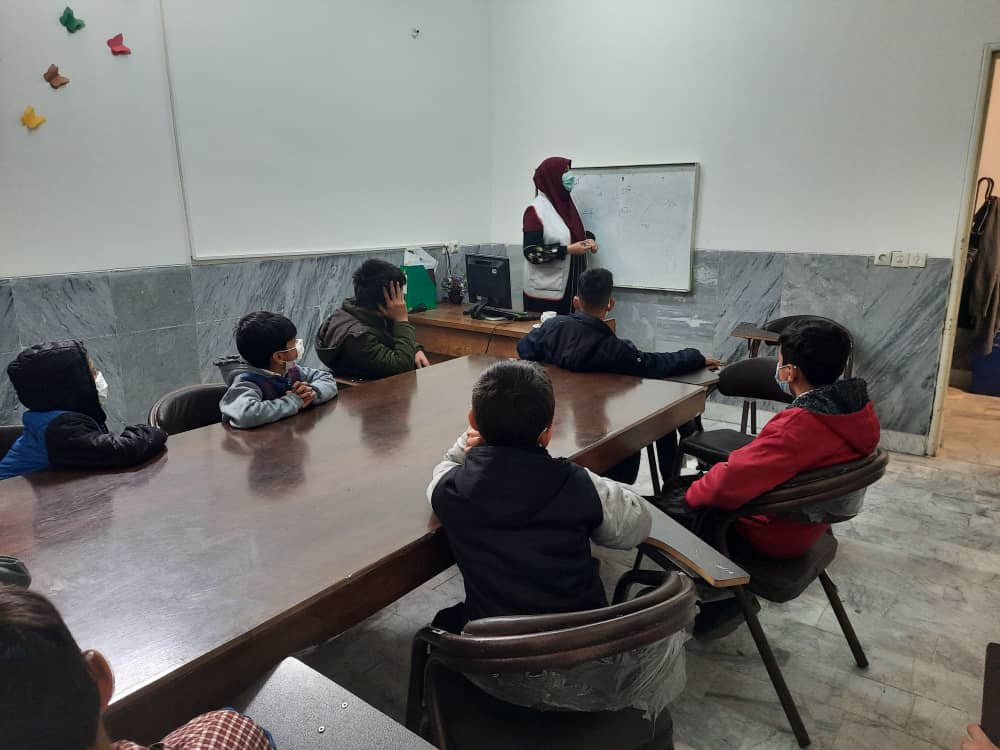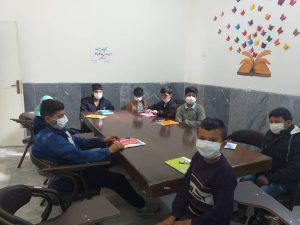The coronavirus disease (COVID-19) pandemic is of a scale most people alive today have never seen. Worldwide, the outbreak is claiming lives and livelihoods as health systems buckle, education is disrupted and families struggle to stay afloat.
Communities across the globe are rising to the challenge – from health and social workers risking their lives to protect the most vulnerable, to young people deploying innovative ways to share public health messages.
Yet, even as the spread of the virus slows in some countries, its social toll has come fast and hard. And in many places, it comes at the expense of the most marginalized children
Keep children healthy and well nourished
International efforts to bolster health systems – by ensuring supplies and protective equipment reach affected communities, and training health workers to prevent, diagnose and treat coronavirus disease – will go a long way to fight the virus. But overburdened health systems threaten more than those who fall ill with COVID-19.
Protecting the most vulnerable children in Semnan center of HAMI
In HAMI centers We work to help children off the streets, away from danger and into school
Through a process of counselling and mediation, our teams work to strengthen the child’s family bonds, starting, if needs be, with tracing their family, reuniting them, and mediating the relationship between child and family until it is strong and stable.
Once the child is settled in a secure family environment, Street Child focuses on helping them back to school, including in most cases, introducing their caregivers to our teams, to ensure that they have the financial strength to keep the child in school.
Street Child also works to protect children and prevent them from depending on the street in the first place. We do this by strengthening rural education, because migrating to towns for education is a common reason children end up on the streets. We also work to strengthen child protection with Child Welfare Committees and other school community-based advocacy.



